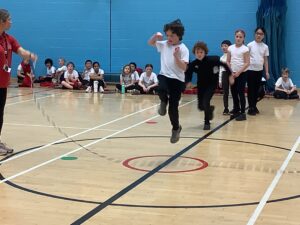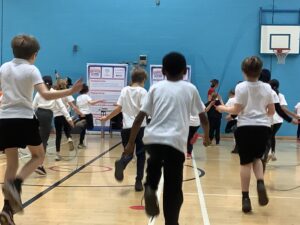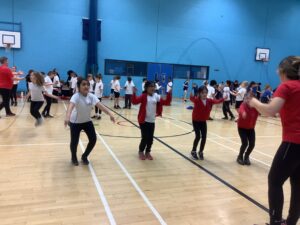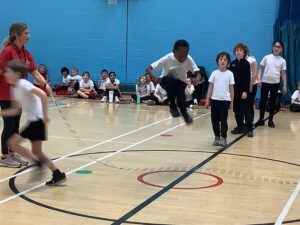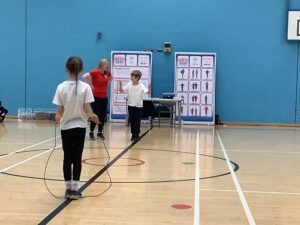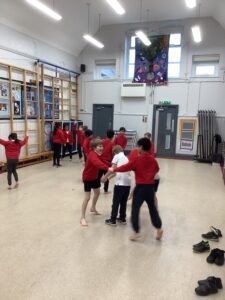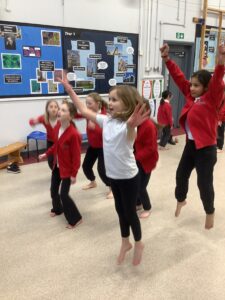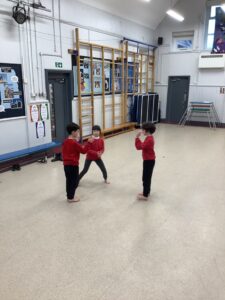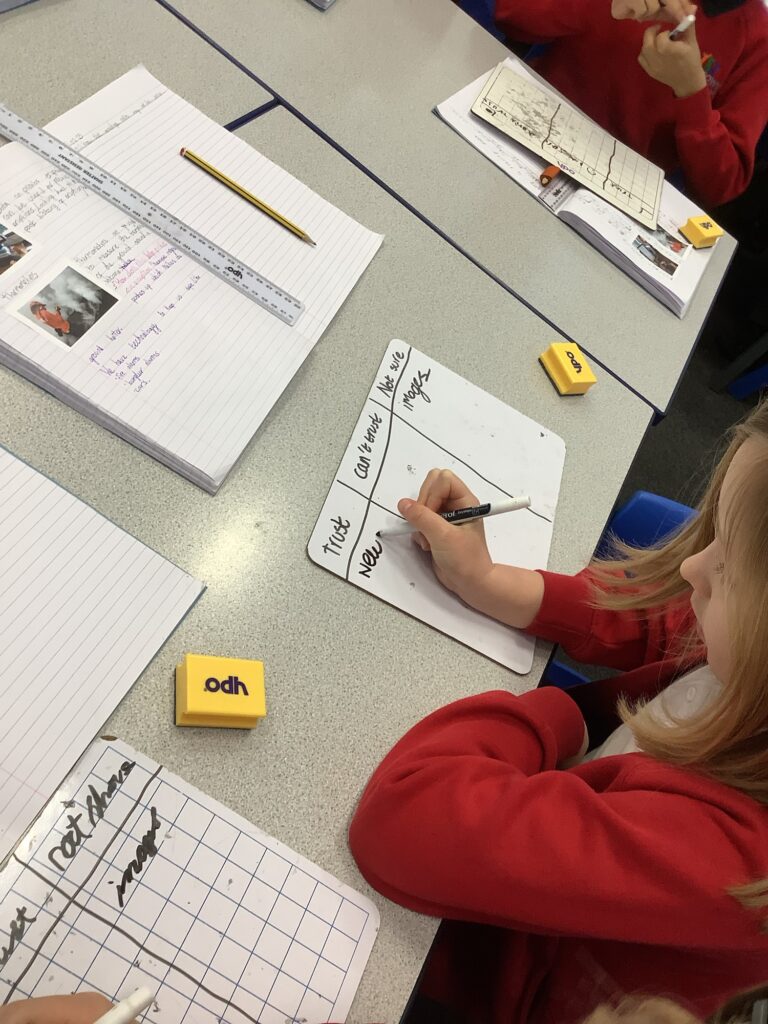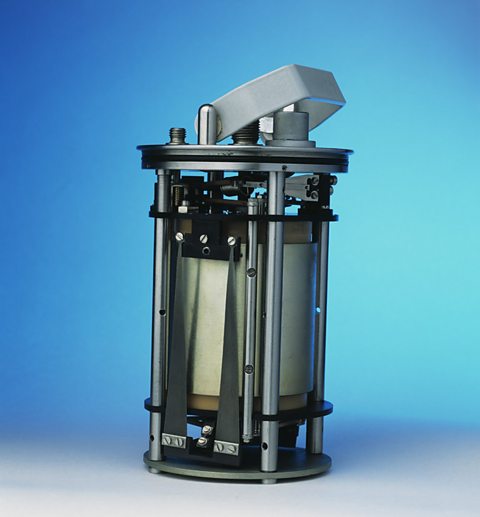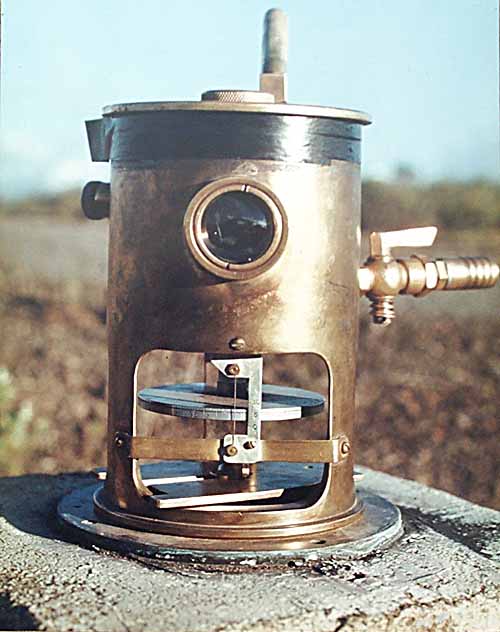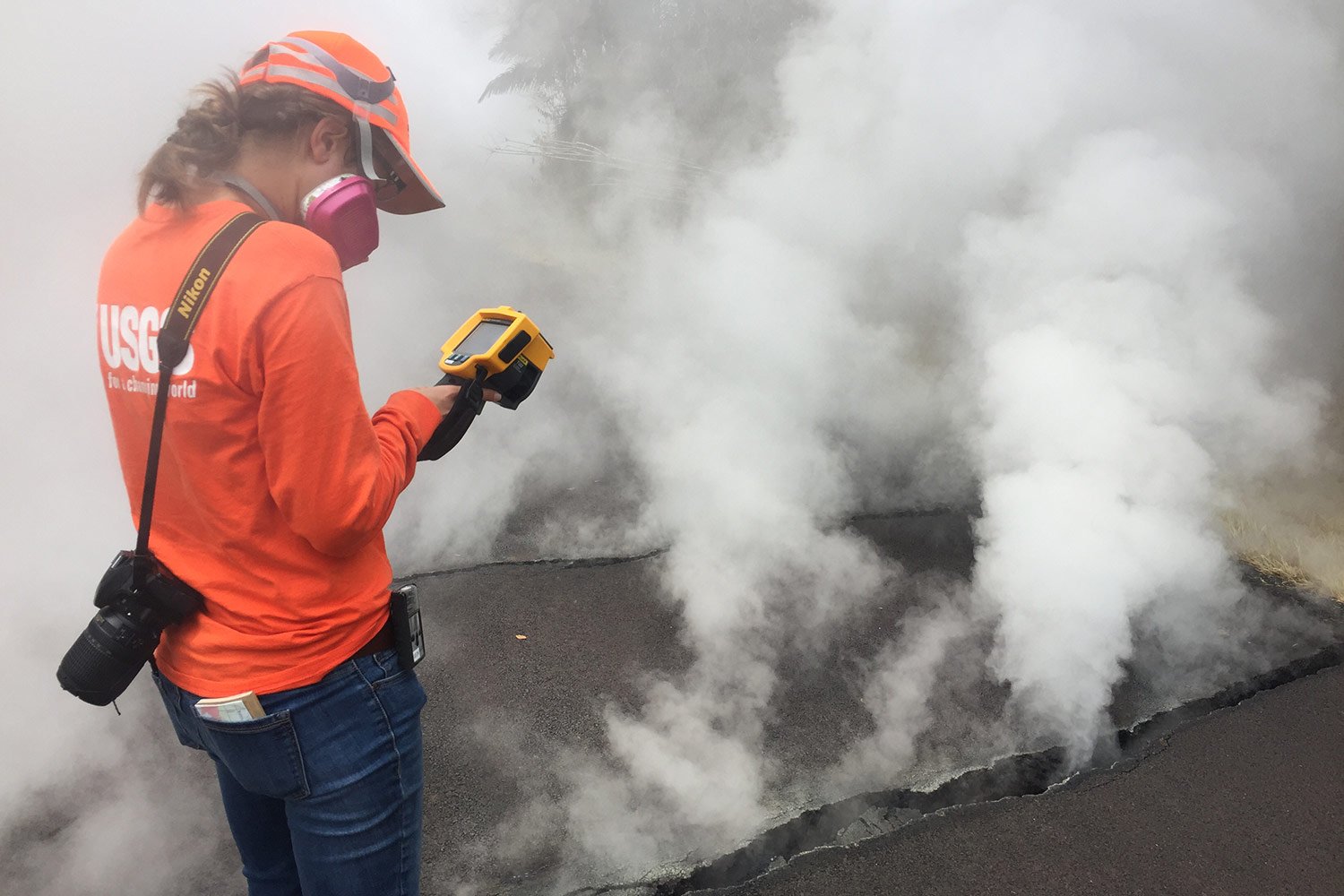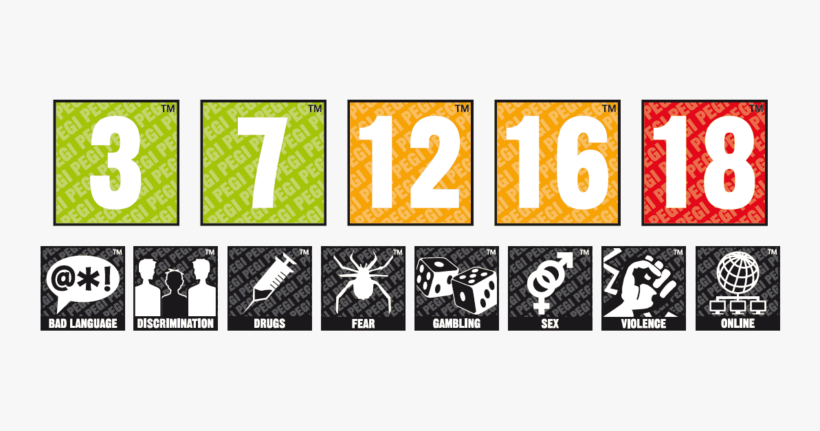Today was World Book Day and we had a fantastic day celebrating all things reading!
We started the day by swapping teachers! Each class got the chance to listen to a different teacher read and Year 4 were very happy to have Miss Wilson from Year 6. They absolutely loved listening to Miss Wilson read The Warlock of Firetop Mountain by Steve Jackson and Ian Livingstone.
After that, we did a class swap with Year 1. Your children each paired up with a child from Year 1 to share their love of reading. It was lovely to watch them read together and share their favourite books with each other. It was also a great opportunity for Year 4 to demonstrate their oracy (speaking and listening) skills as they made sure they were reading with prosody and clarity. We were also all wowed by Year 1’s incredible reading!
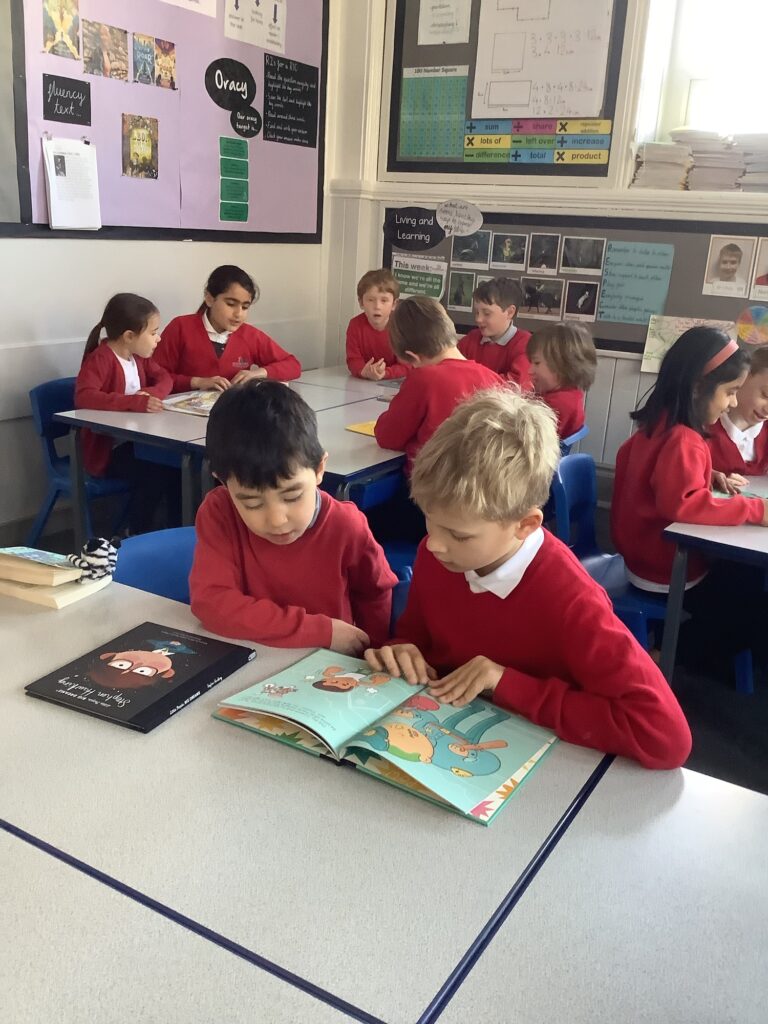


We then joined the BBC World Book Day live lesson where we learnt a little bit more about fiction and non-fiction books and how to choose what to read next.


There was also time for your children to discuss their favourite books with their peers and share with the class what they love about their choice.
Overall, we had a fantastic day in Year 4 and look forward to the book fair coming 19th-24th March to spend our £1 book tokens!
Help at home: read daily with your children to continue developing their love of reading as well as their fluency.

